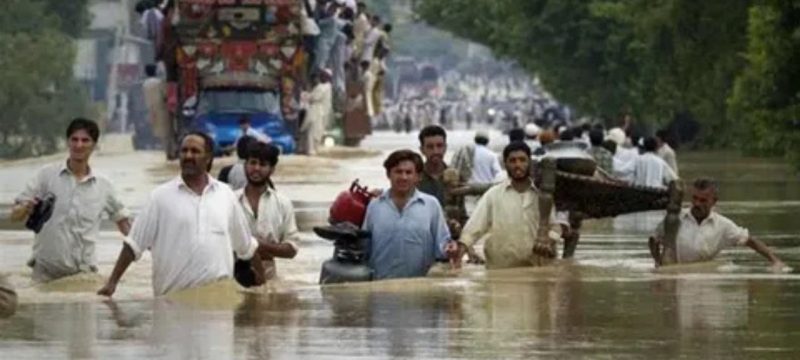The United Nations has expressed deep concern and solidarity as Pakistan floods continue to claim lives and displace communities across the country. According to officials, more than 400 people have died, and nearly 1.5 million people have been affected, making it one of the most destructive disasters in recent years.
The crisis has hit rural and urban areas alike, destroying homes, damaging infrastructure, and disrupting daily life. The widespread devastation has once again raised questions about the country’s preparedness for extreme weather linked to climate change.
UN Secretary-General António Guterres sent a message of support, stating that the global community stands with Pakistan during this difficult time. He stressed the importance of international cooperation to provide urgent relief and long-term recovery assistance.
Key impacts of the Pakistan floods
- Human toll: At least 400 people have lost their lives, with thousands injured.
- Displacement: Nearly 1.5 million individuals have been forced to leave their homes.
- Infrastructure damage: Roads, bridges, schools, and hospitals have been severely impacted.
- Agriculture losses: Large swathes of farmland have been submerged, threatening food supplies.
- Ongoing risk: Weather authorities have warned of more rain in the coming weeks.
The humanitarian emergency has already triggered nationwide relief efforts. Local authorities, armed forces, and international organizations are working around the clock to rescue stranded families and deliver supplies.
The situation in Punjab has been particularly alarming. Reports indicate that at least 46 people have died and millions have been displaced in the province alone, according to NewsGuru. Officials warn that the scale of the disaster is likely to grow if weather conditions worsen.
Addressing future challenges
Experts argue that the repeated cycle of Pakistan floods highlights the urgent need for stronger flood management systems, better urban planning, and climate resilience strategies. Without long-term investment, the human and economic toll of such disasters is expected to rise.
UN agencies are coordinating with local partners to ensure that food, clean water, and medical care reach the most vulnerable groups. Aid organizations have also called on the international community to increase financial support for both emergency relief and rehabilitation.
While the floods have caused widespread grief, they have also sparked stories of resilience. Communities across the country are opening their doors to displaced families, showing solidarity in the face of tragedy.
As relief efforts continue, the UN has urged the world to recognize the disaster as a global challenge, not just a national crisis. The coming weeks will be critical in determining how quickly Pakistan can recover and rebuild.







